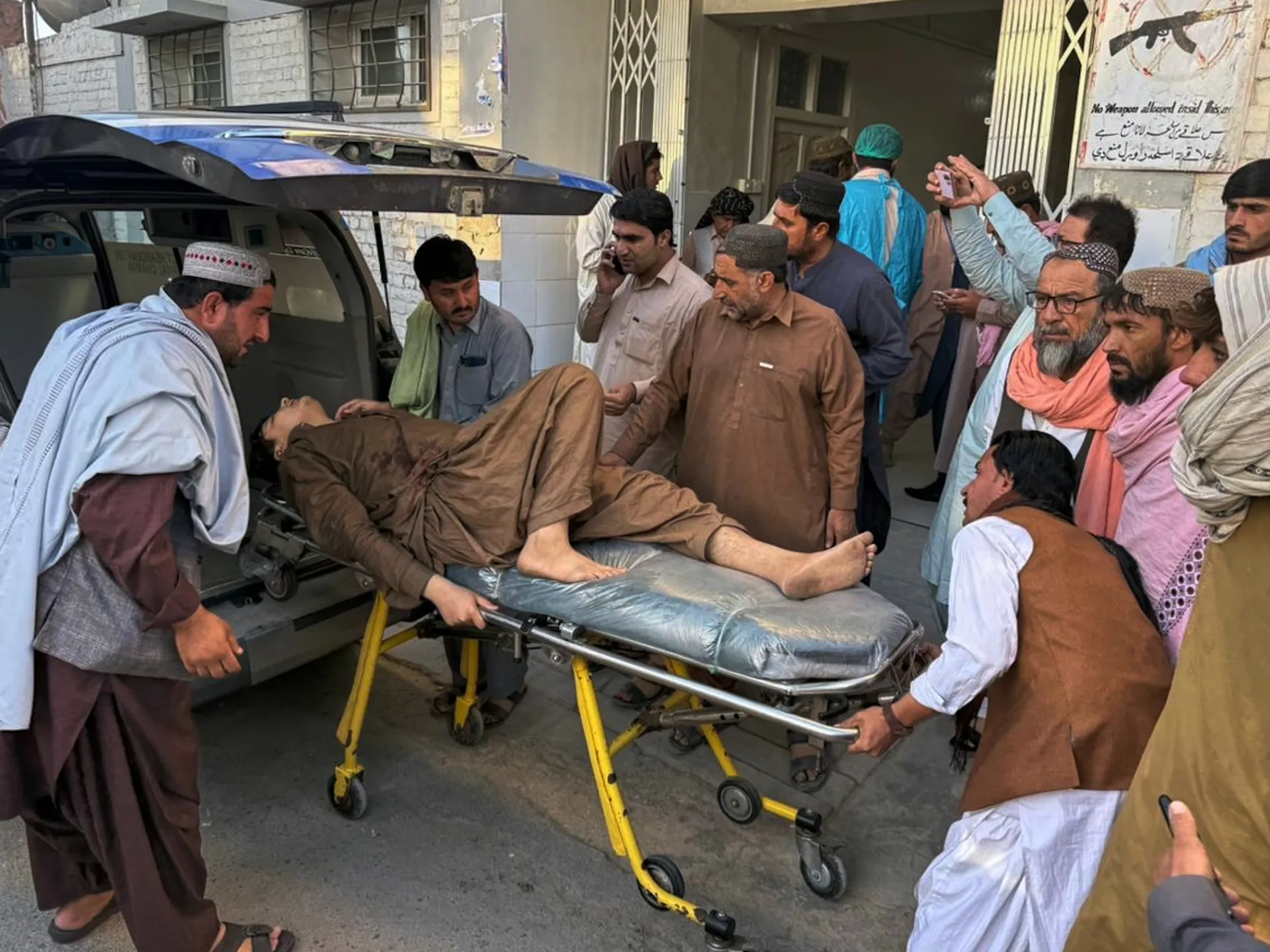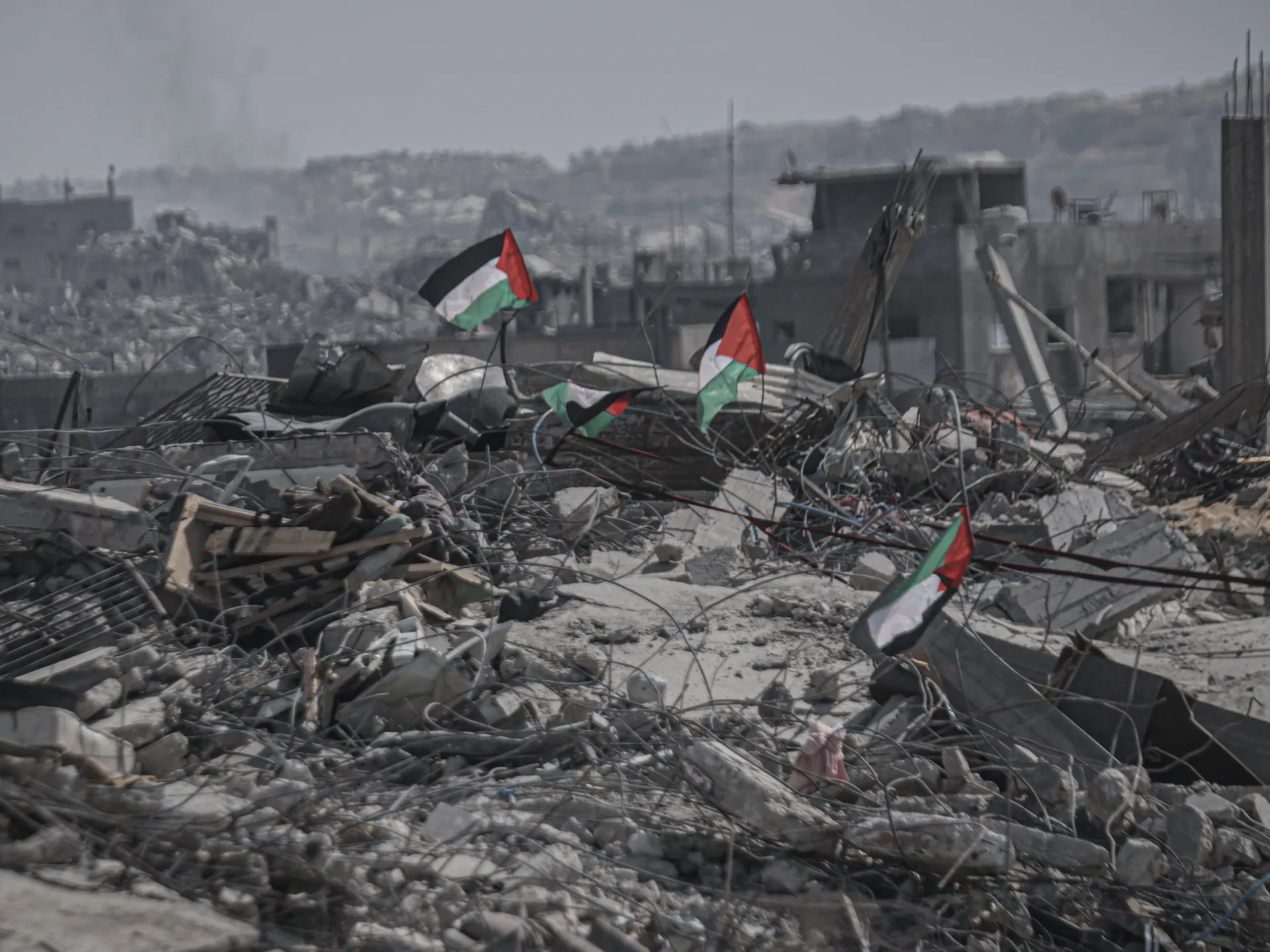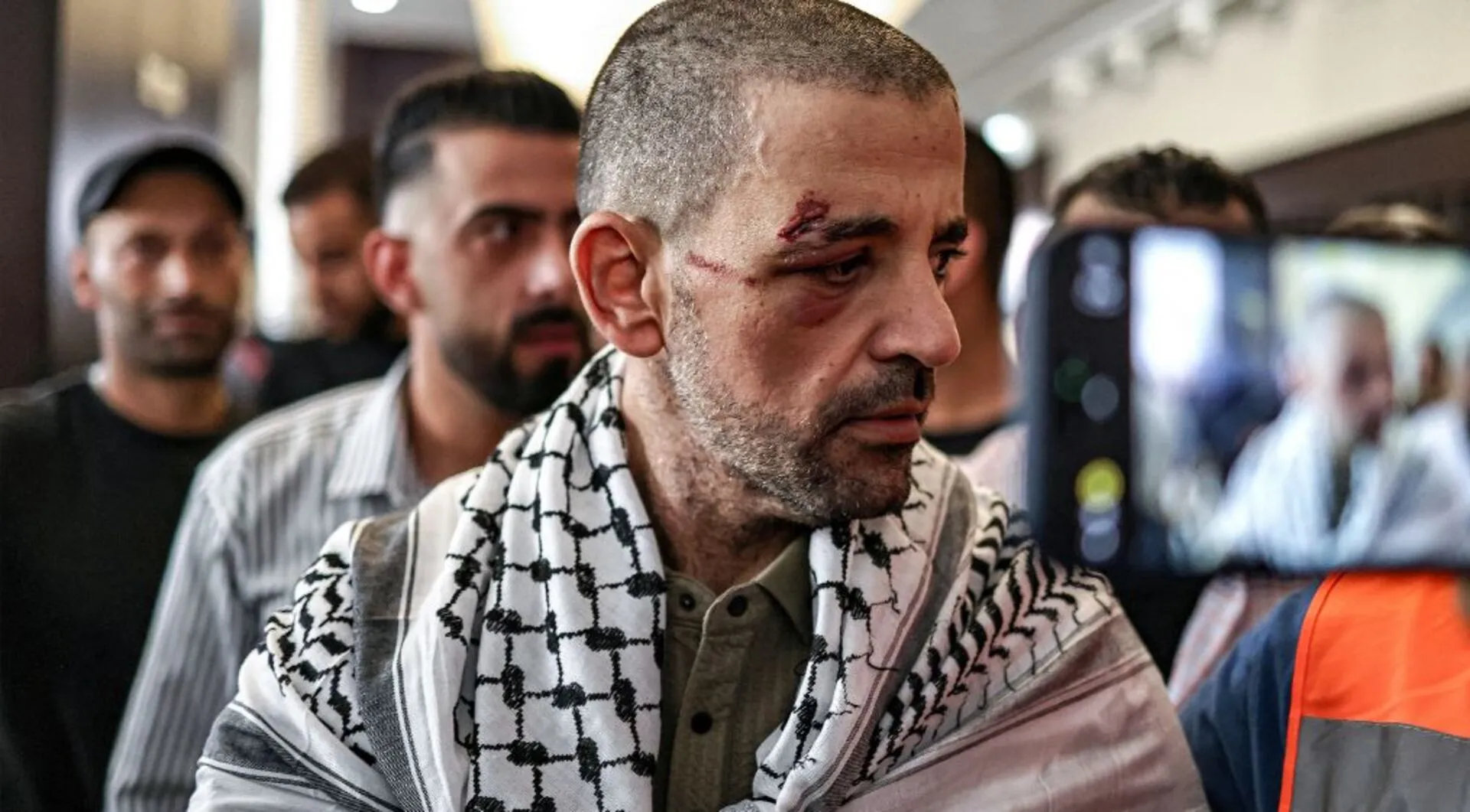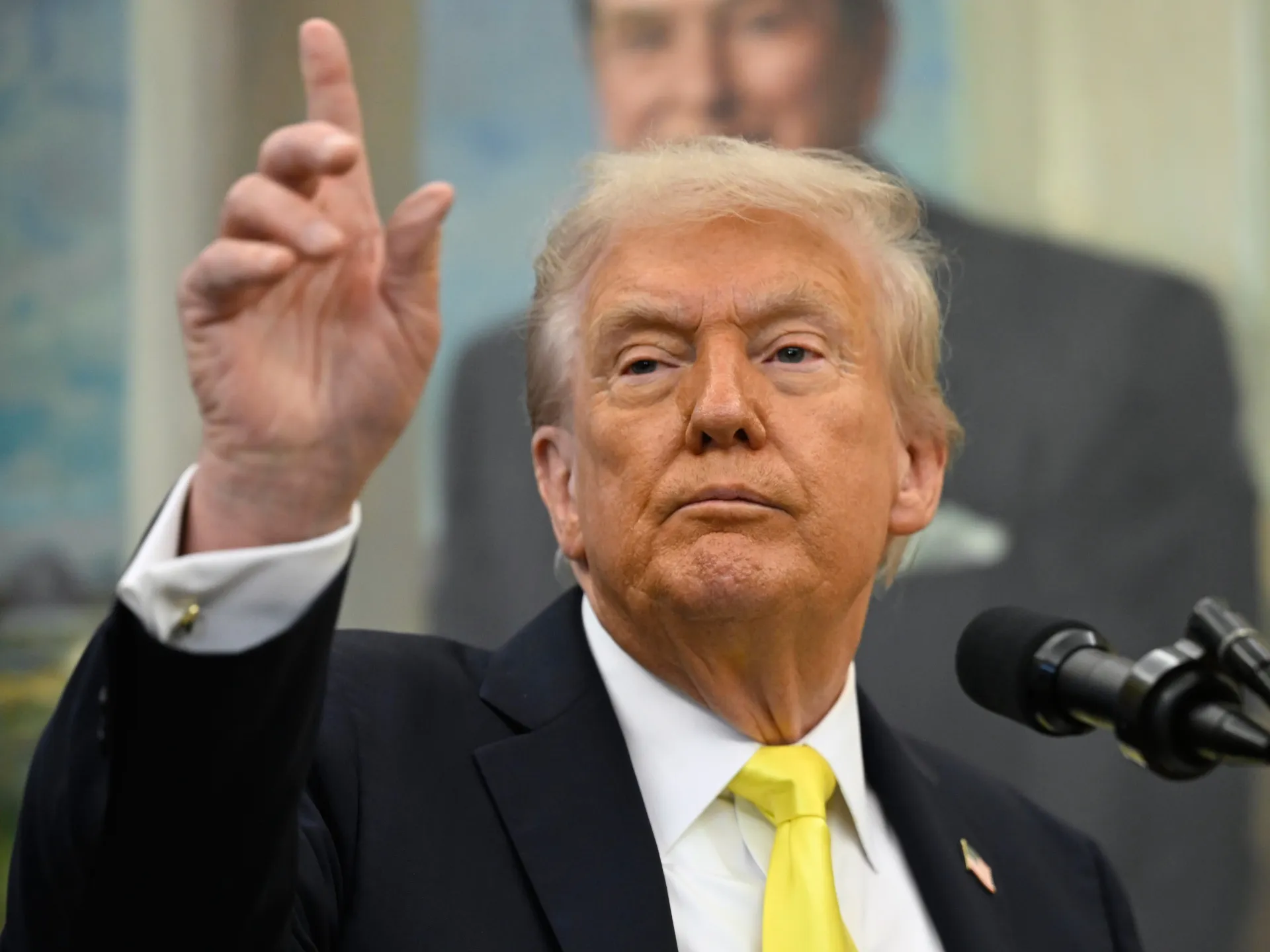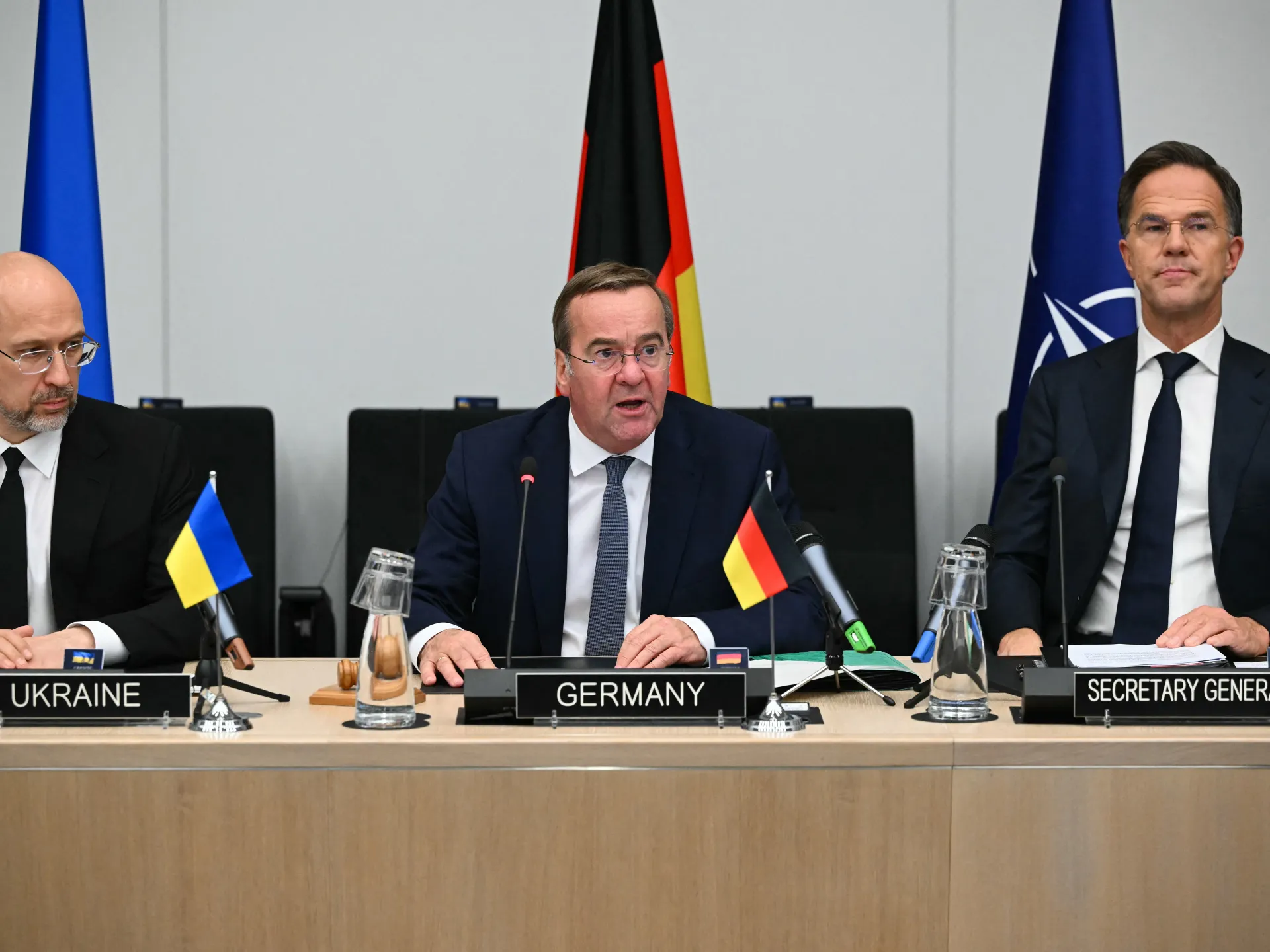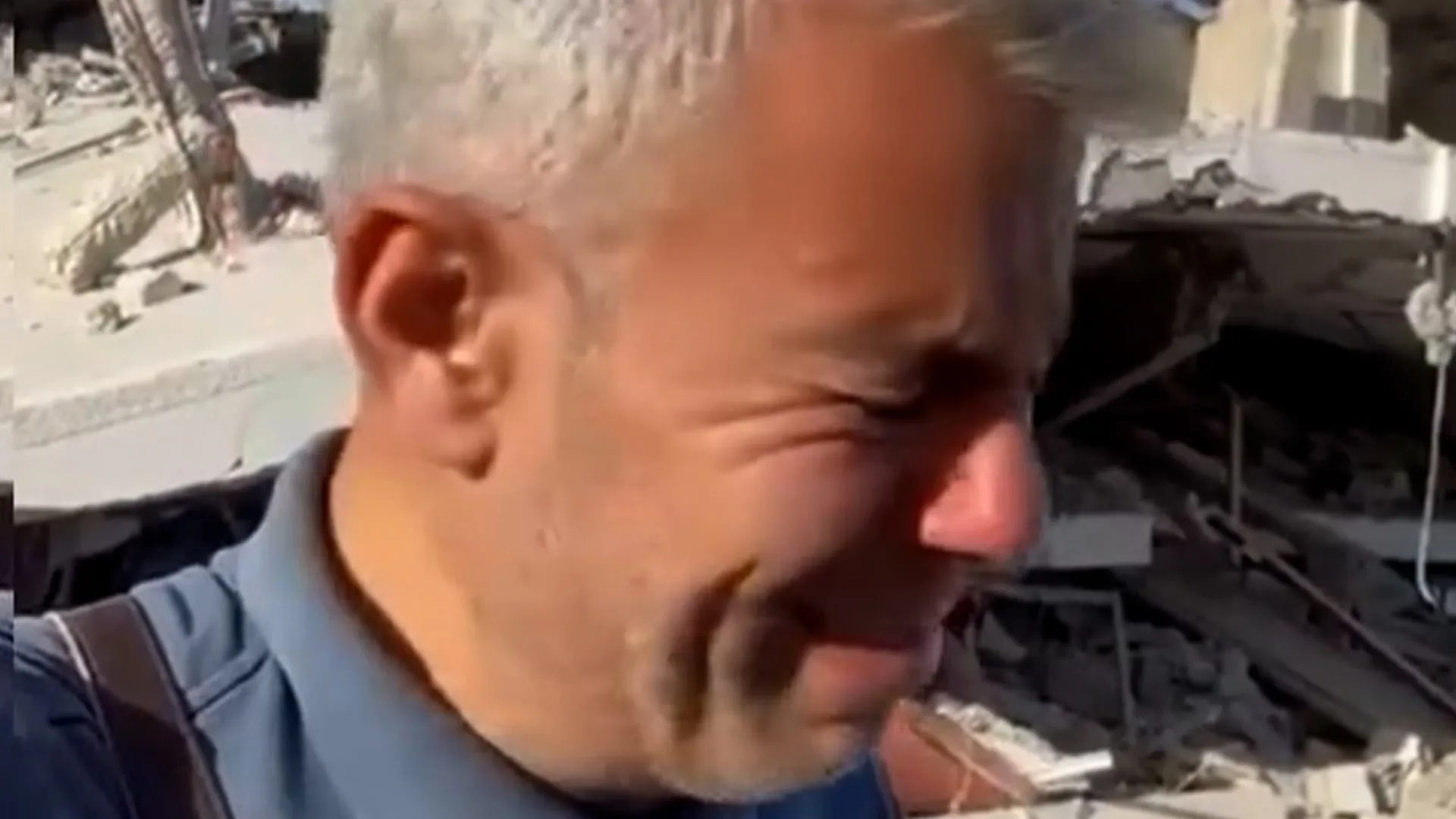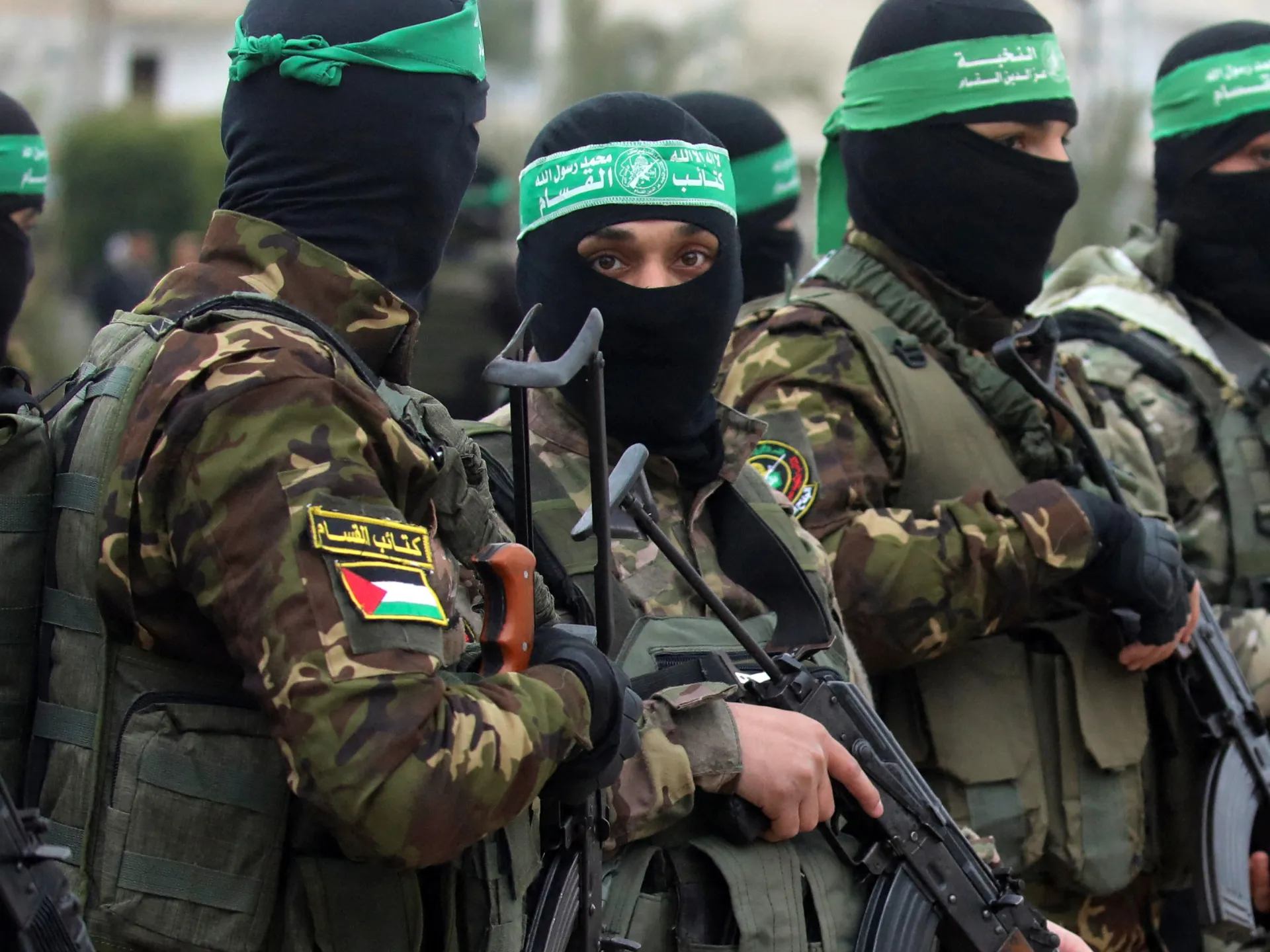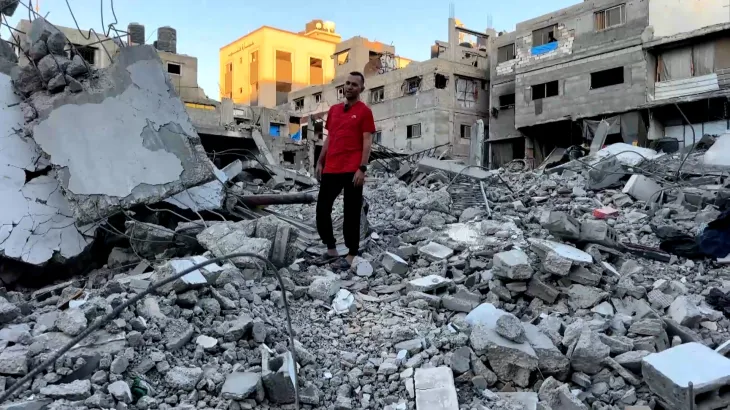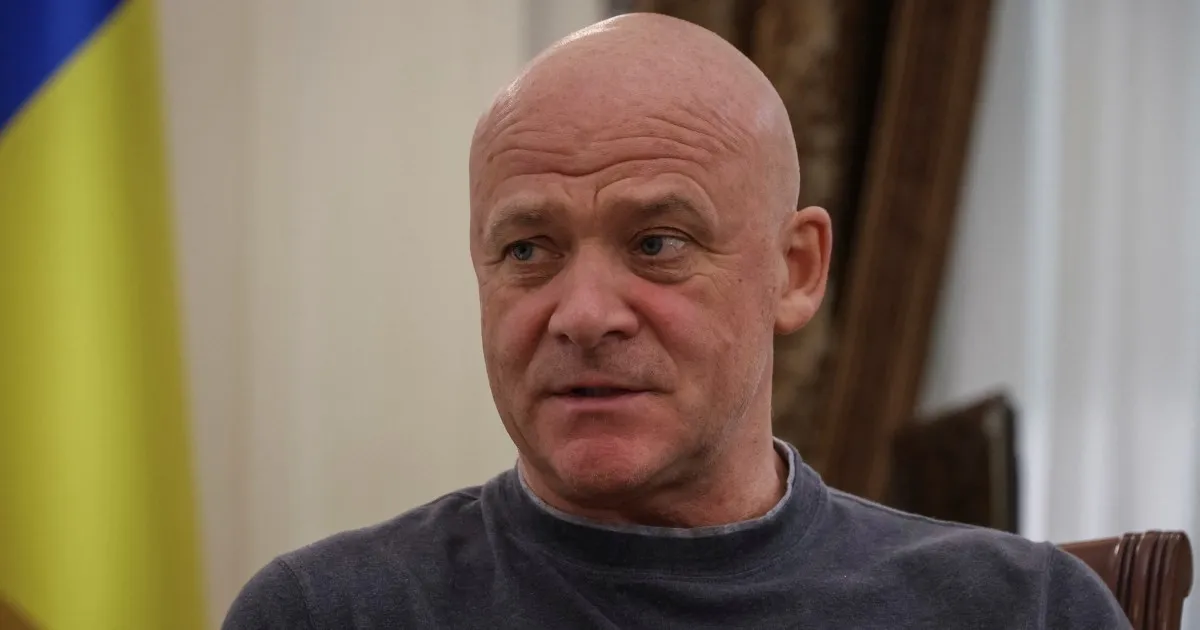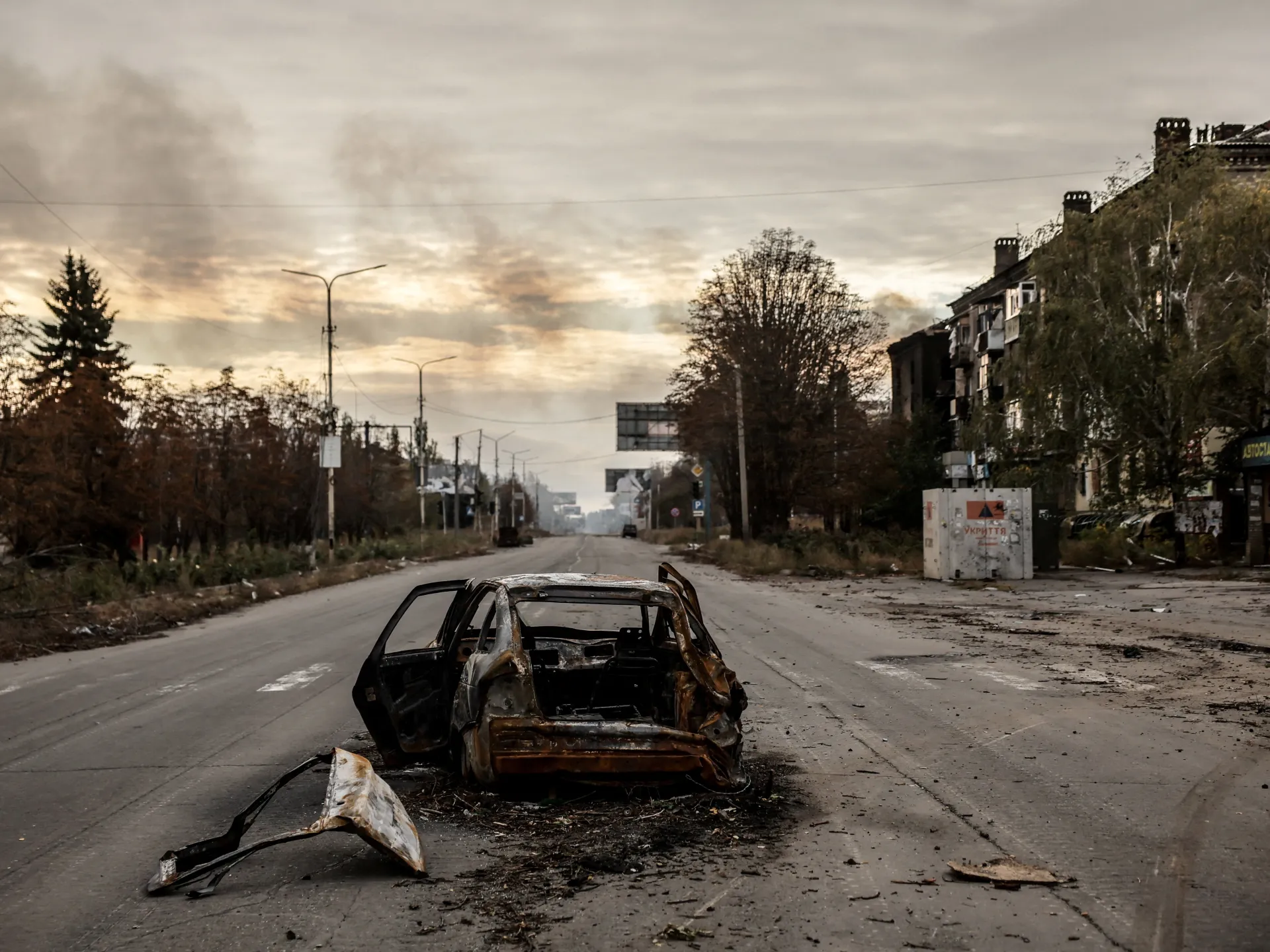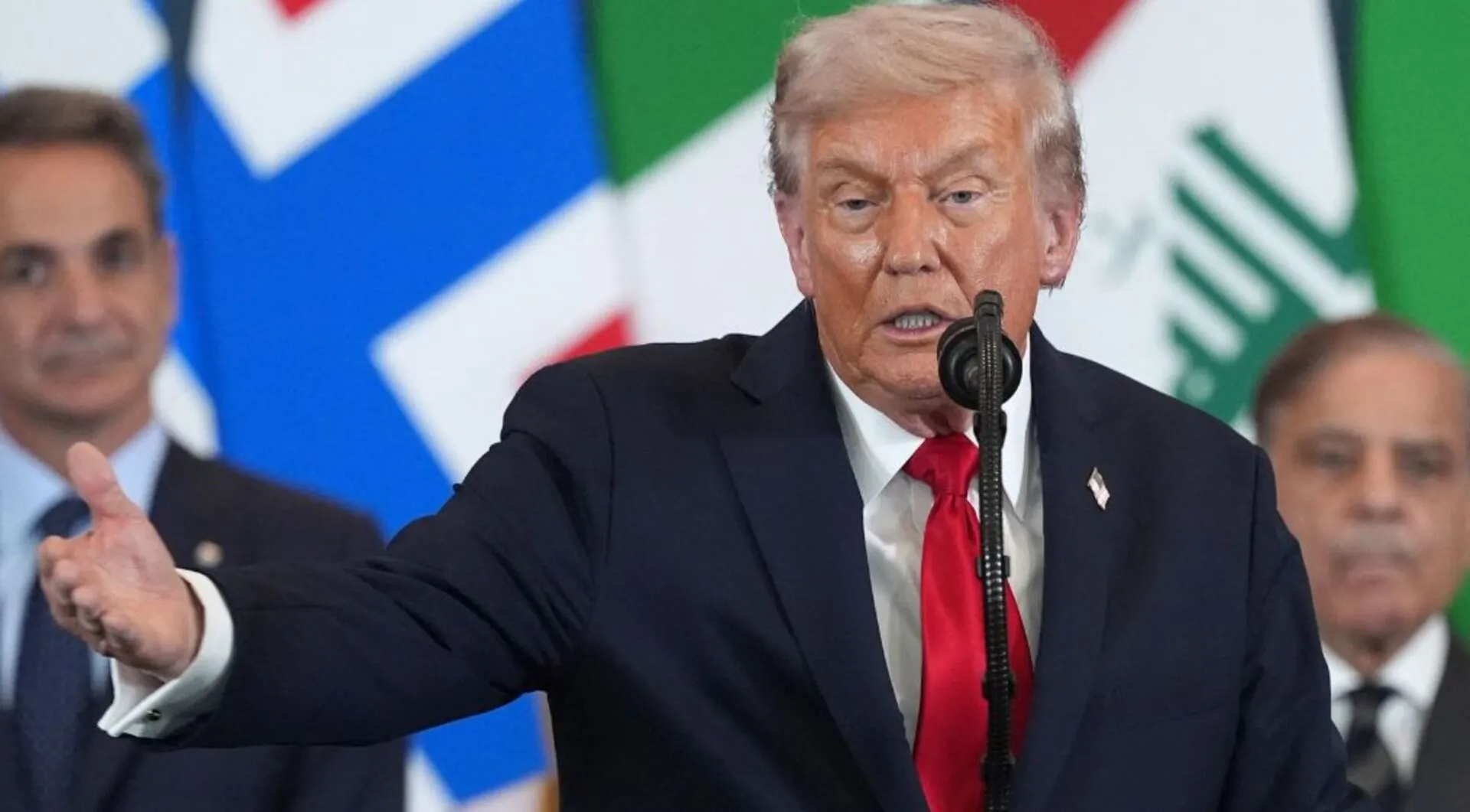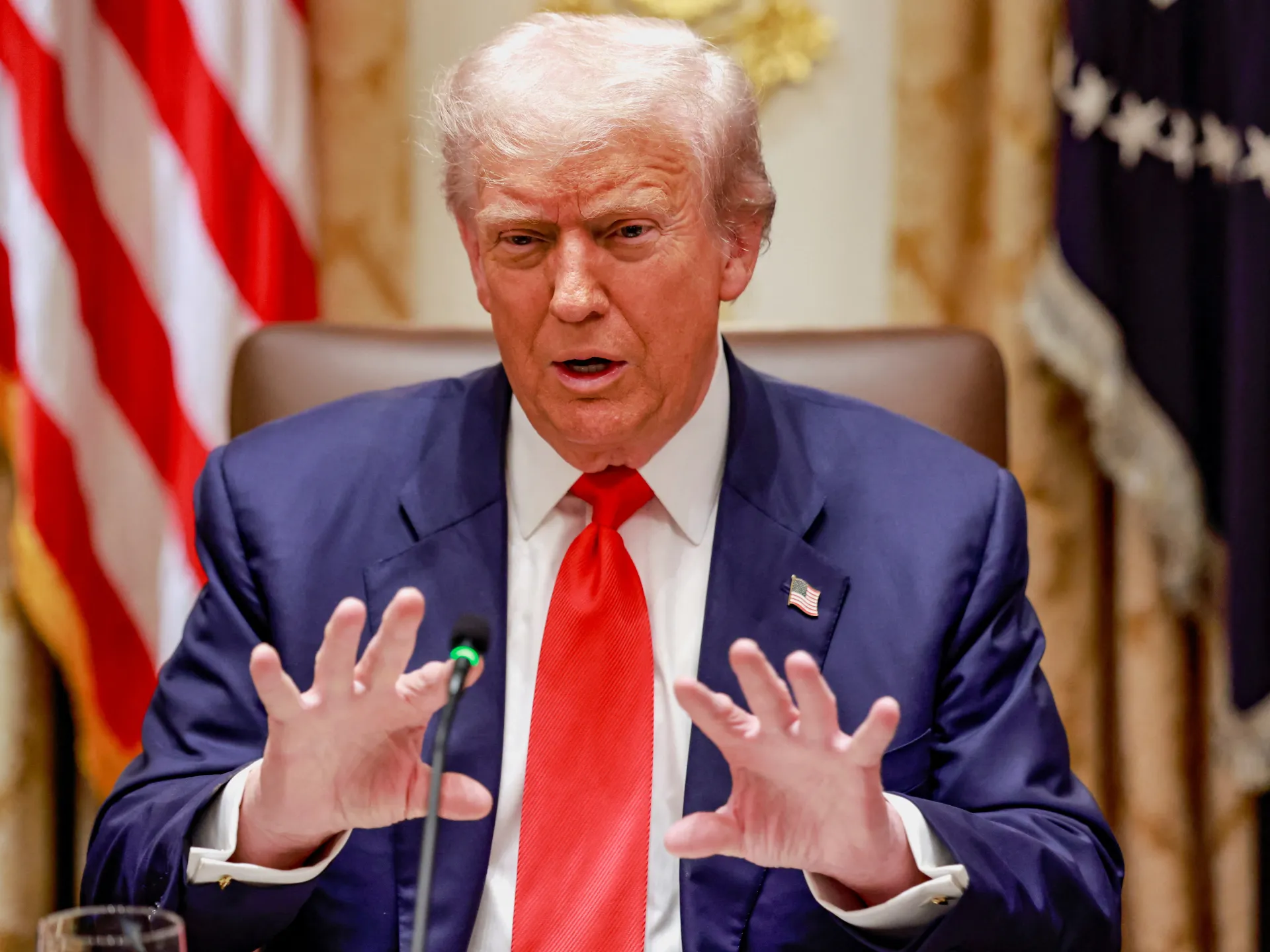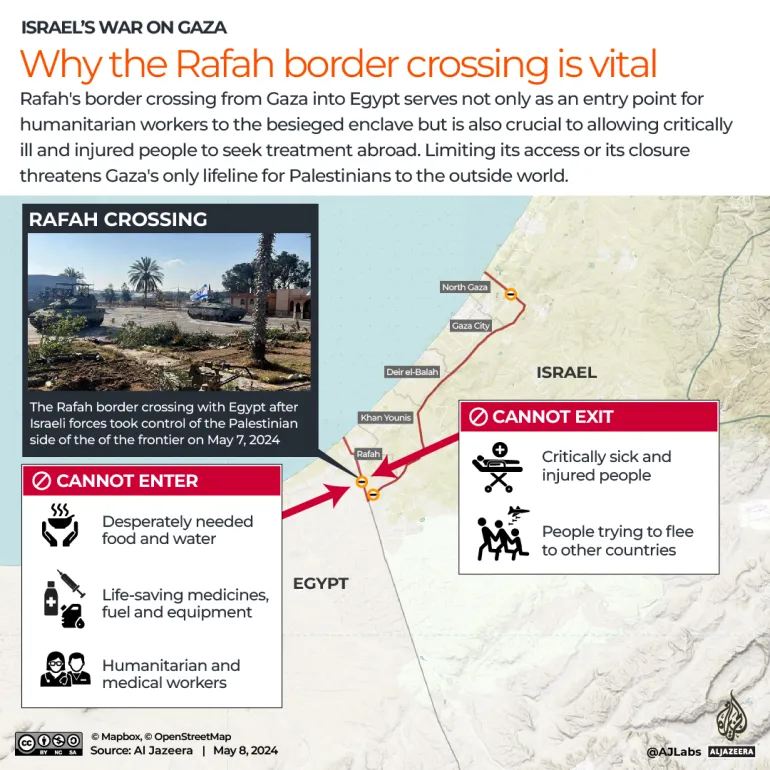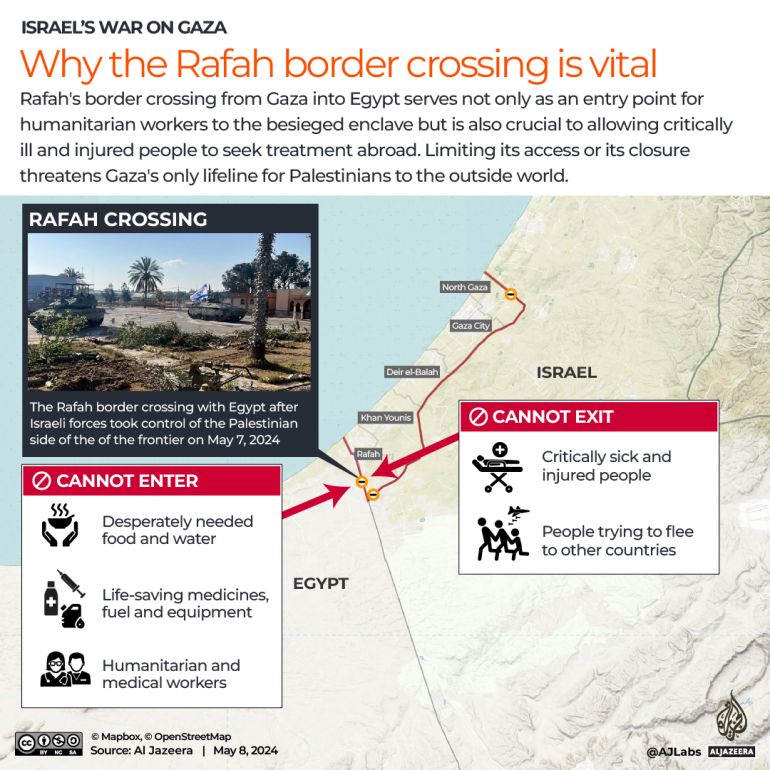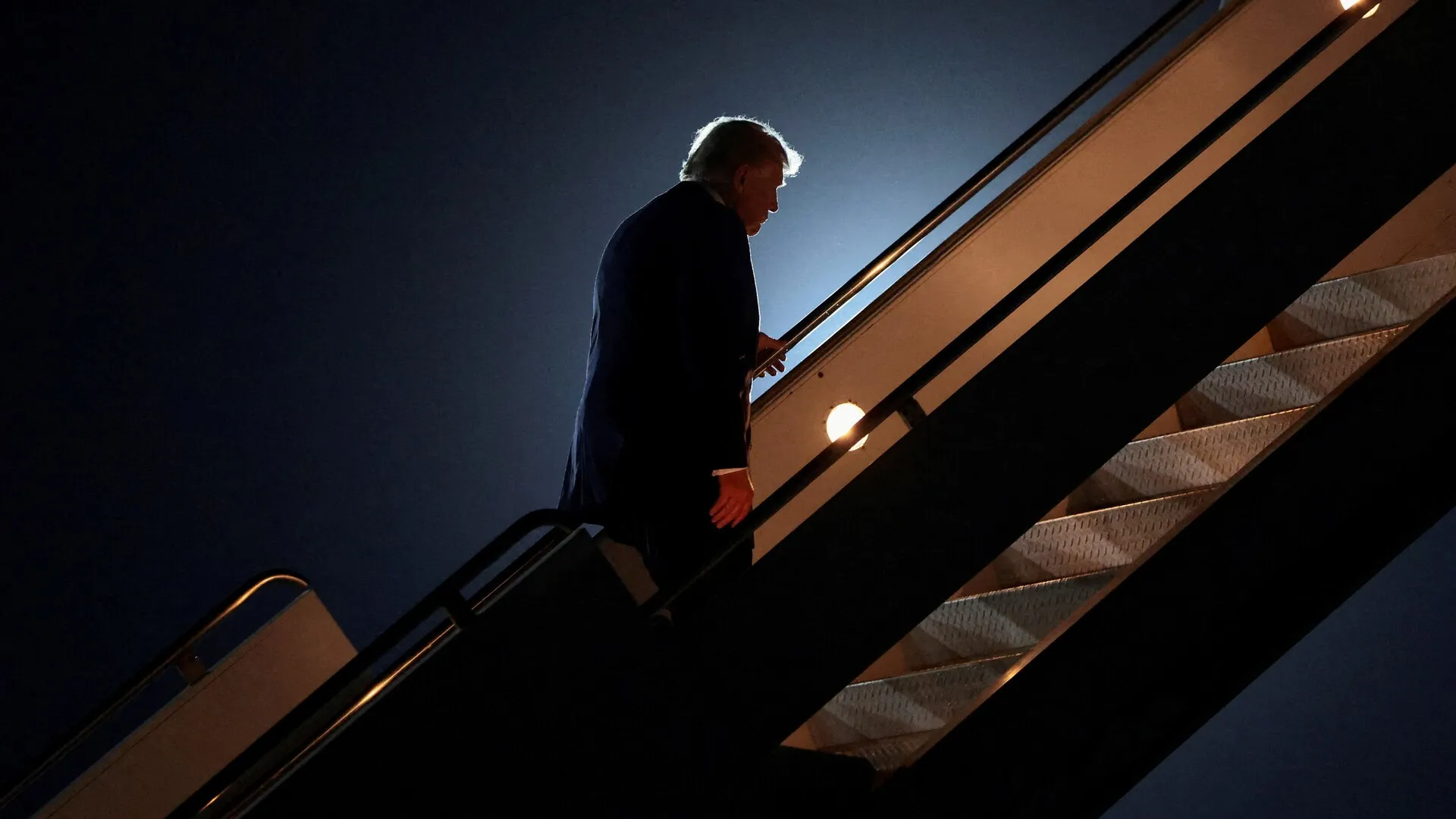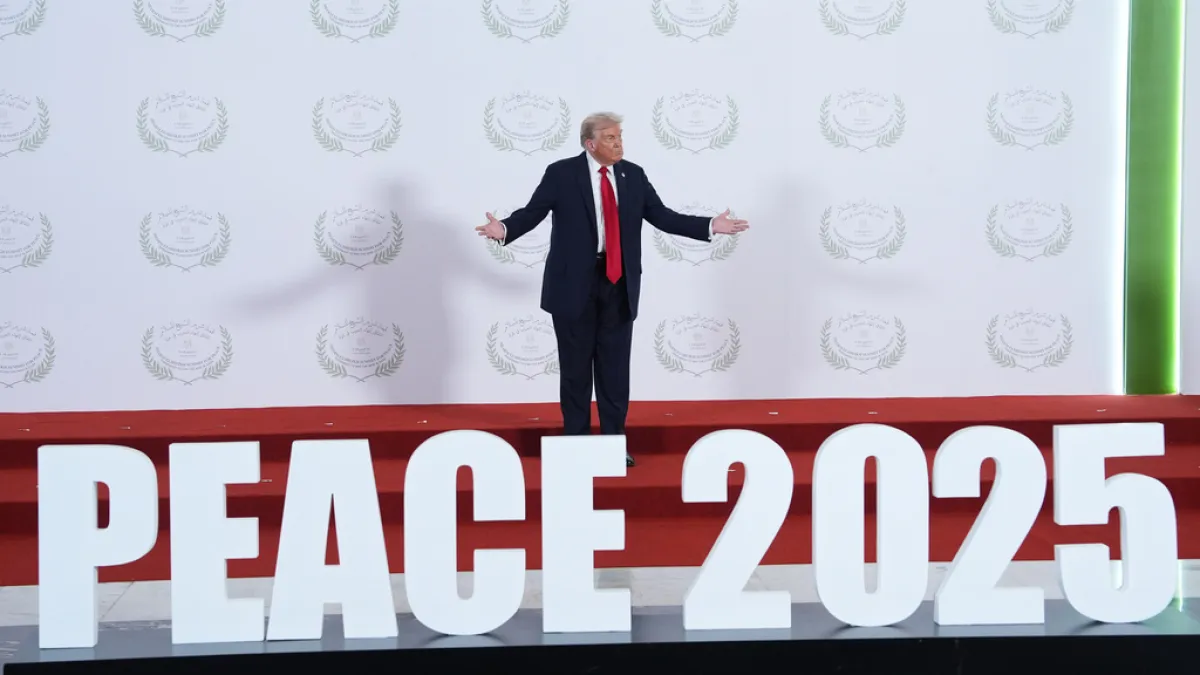Analysis: Why Pakistan and the Taliban won’t find it easy to patch up | Conflict News
The recent downward spiral in Afghanistan-Pakistan relations would have been hard to imagine when Pakistani military and civilian leaders welcomed the Taliban’s return to power in Kabul in August 2021.
A Taliban government, Islamabad believed, would be friendly to Pakistan and would become a bulwark against any security threats to the country. After all, Pakistan’s military and intelligence services had for more than two decades supported the Afghan Taliban movement.
Between 2001 and 2021, this meant a contradictory foreign policy. On the one hand, by supporting the United States’ military intervention in Afghanistan, Pakistan recognised the US-backed governments that ruled the country. At the same time, Pakistan covertly tolerated – and even enabled – the resurgence of the Taliban inside Pakistani territory, which also included co-habitation with other Pakistani militant groups.
Yet, that relationship has now collapsed as Pakistani airforce struck targets in Kabul for the first time ever this week.
An apparent disconnect in their mutual expectations, and disrespect for each other’s capabilities, makes it harder for them to resurrect what they once had.
What is at stake for both countries?
The Pakistani security establishment, comprised of the army and the country’s powerful military intelligence agency, the Inter-Services Intelligence (ISI), is responsible for devising and driving the nation’s Afghan policy.
Historically, the army has also exercised significant power over the civilian administrations, even when Pakistan has not been under military rule.
Pakistan has faced a surge of unprecedented attacks against its security forces since 2021, coinciding with the Taliban’s return to power in Afghanistan. More than 2,400 deaths were recorded for the first three quarters of 2025, towering over last year’s figure of approximately 2,500 people killed in attacks across Pakistan.
Pakistan has blamed a majority of attacks on the Tehreek-e-Taliban Pakistan (TTP), the so-called Pakistan Taliban, whose leaders are now based in Afghanistan. TTP members hail largely from the tribal areas of Pakistan, along the Afghan border.
Pakistan had hoped that TTP leaders would leave Afghanistan once the Pakistan-friendly Taliban government was established in Kabul. Some TTP fighters reportedly did return home, but this did not translate into a decline in violence. The TTP demands a localised implementation of Islamic law and the reinstatement of the former semi-autonomous status of tribal areas bordering Afghanistan.
For Pakistan, confronting a deadly and persistent uprising at home has become a national security crisis. Pakistan is, meanwhile, also reeling from several other intersecting crises: a stunted economy, geopolitical tensions with archrival India – marked by the recent conflict in May – as well as a growing domestic political discontent, and natural disasters.
Taliban leaders in Afghanistan insist that the TTP is a domestic challenge for Pakistan to address. In 2022, shortly after forming an interim administration, the Taliban government mediated talks between TTP leaders and the Pakistani army in Kabul. After initial indications of progress, underpinned by a temporary ceasefire, the talks collapsed.
For the Taliban government, which is heavily sanctioned and isolated from international financial institutions, the realities of ruling a vastly underdeveloped and economically poor country are stark. Over four years since taking power, Russia is the only country that has formally recognised the Taliban administration, though a growing number of countries – China, India and Iran among them – have, in effect, acknowledged the group as Afghanistan’s rulers and are hosting their diplomatic representatives.
Afghans are suffering from the near-collapse of the economy, and public sector institutions – such as health and education services – are on the brink of a complete breakdown. Faced with severe food insecurity and humanitarian challenges, common Afghans suffer as United Nations-led aid agencies face funding cuts. A prolonged conflict with Pakistan is likely to further deepen these challenges.
Can both sides return to their past friendship?
Both sides appear, at the moment, to be digging their heels in. Though they have agreed to temporary ceasefires, neither side wants to look weak by admitting it needs to back down.
Official Pakistani government statements now refer to the Taliban government – whose return to power in Kabul was once celebrated – as a “regime”, calling for a more “inclusive” administration in Afghanistan. They warn of continuing attacks within Afghan territories if the Taliban fail to act against the TTP.
To be sure, Pakistan possesses a substantially more powerful military, technologically advanced weaponry, and considerable geopolitical leverage against the Taliban government. There is also a renewed sense of self-confidence as Pakistan considers it successfully fought the recent war with India in May 2025, including by downing multiple Indian jets.
Since the 1980s, it has hosted millions of Afghan refugees, a generation of whom were educated and have built livelihoods in Pakistani cities. This, according to Pakistani leaders and some public opinion, should mean that Afghans must bear goodwill towards Pakistan. Forcing out Afghan refugees will be a key leverage Pakistan would want to use against the Taliban government.
Fundamentally, Pakistani leaders view their country as a serious and powerful entity with strong global alliances – one that any Afghan government, especially one led by a group supported by Pakistan, should respect and cooperate with.
The Taliban, on the other hand, view themselves as victorious, battle-hardened fighters who waged a long and successful war against foreign occupation by a global superpower. Hence, a potential conflict imposed by a neighbour would be a lesser mission.
Taliban spokesmen are pushing back against Pakistani officials’ recent narrative, underlining the significance of the ongoing information war on both sides. They have alleged, for instance, that Pakistan’s tribal border areas shelter ISIS/ISIL fighters with tacit backing from elements of the Pakistani army.
Nonetheless, as a landlocked country, Afghanistan is heavily dependent on trade routes via Pakistan, which remain shut due to ongoing tensions, resulting in major losses for traders on both sides. The Taliban government lacks air defence systems, radars or modern weaponry to counter any further incursions by Pakistani drones and jets.
The path to de-escalation
The Pakistani army continues to frame its fight against TTP as part of the wider confrontation with India. It has alleged, without evidence, that the armed group is backed by New Delhi. Pakistan also expects the Taliban to disown and distance themselves from the TTP and instead align themselves with Islamabad.
However, the TTP and Taliban share long-term camaraderie, ideological compatibility and social bonds that go beyond stringent organisational peculiarities. For the Taliban, a conflict with the TTP could also risk creating space for minacious actors such as the ISIL-Khorasan armed group.
And while Pakistan is stronger militarily, the Taliban have their own tools that could hurt Islamabad.
What if the Taliban’s Kandahar-based supreme leader, Mullah Haibatullah Akhunzada, were to issue a fatwa for jihad against Pakistan’s security establishment? The TTP leadership had already pledged allegiance to Akhunzada in 2021. But the Taliban’s top leader is also held in high religious regard by a large segment of Pakistani religious school students and religious leaders, and a call against Islamabad from Akhunzada could lead to serious internal security challenges for Pakistan.
Islamist political groups in Pakistan would also not support an all-out war with the Taliban. Meanwhile, any sustained Pakistani attacks against Afghanistan will likely bolster domestic support for the incumbent Taliban administration, even when there is palpable resentment among Afghans against the Taliban.
To prevent further escalation and seek meaningful political dialogue, there is an urgent need for a trusted mediation actor capable of sustainable engagement. This role is best suited for Middle Eastern and Muslim nations trusted by both sides, such as Qatar and Saudi Arabia.
There is evidence that this is a fruitful pathway. Taliban Foreign Minister Amir Khan Muttaqi confirmed in a news conference in New Delhi last week that the Taliban ceased retaliatory attacks against Pakistan after Qatar and Saudi Arabia mediated.
But first, there needs to be a real desire for peace from the leaders in Pakistan and Afghanistan.
Even as Afghan and Pakistani officials hurl warnings at each other, and their forces engage in repeated bouts of cross-border fire, both countries are acutely aware that war will cost them heavily.
However, this does not mean that relations will return to the erstwhile bilateral warmth anytime soon or that miscalculations cannot happen.
Geography and history bind Afghans and Pakistanis into interdependence, which needs to be capitalised upon.
Governments need to stop hoping in vain for the success of failed approaches that have been tried for decades. Afghan leaders must work at developing amicability with Pakistan. Pakistani leaders need to reciprocate by conceiving a wholesome foreign policy towards Afghanistan, which is not coloured by rivalry with India.
The world does not need yet another war in the Afghanistan-Pakistan region. It can never bear better dividends than peace.
